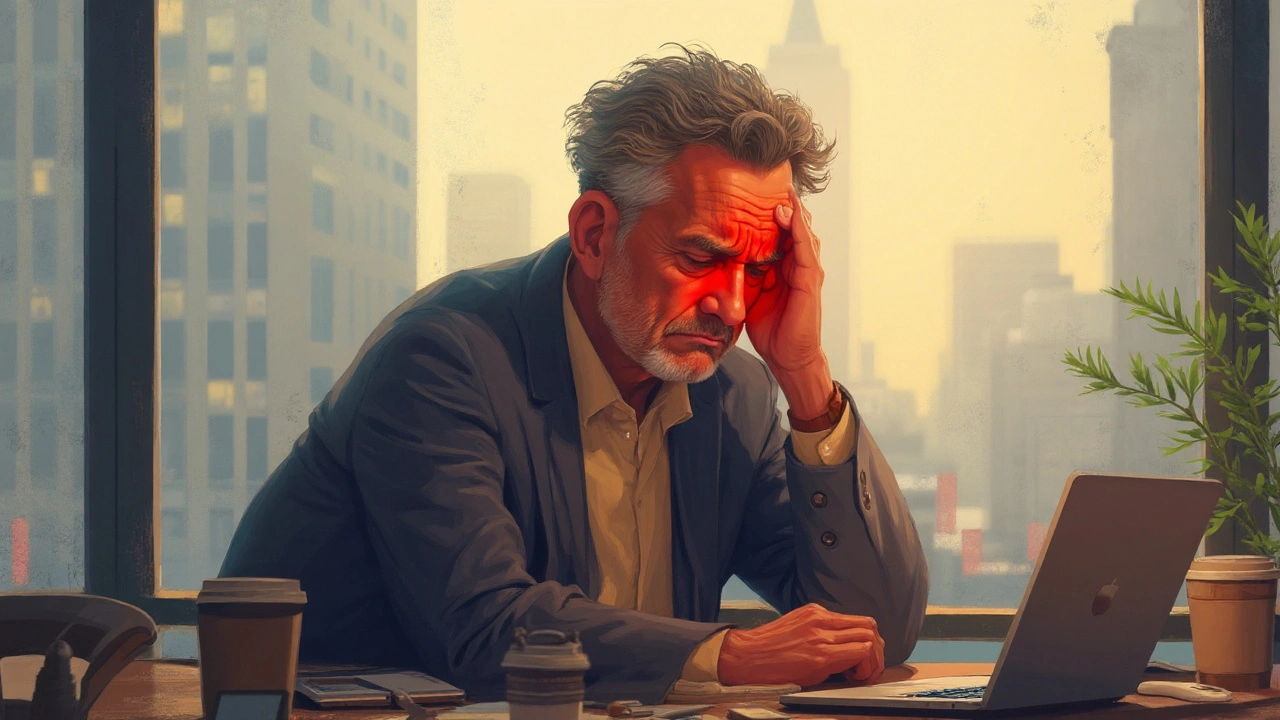Glaucoma Risk Factors: What Increases Your Chance of Vision Loss
When we talk about glaucoma, a group of eye conditions that damage the optic nerve, often due to high pressure inside the eye. Also known as the silent thief of sight, it doesn’t hurt, doesn’t blur vision early on, and by the time you notice, it’s often too late. That’s why knowing your glaucoma risk factors isn’t just helpful—it’s life-changing.
Age is one of the biggest drivers. If you’re over 60, your risk jumps significantly. But it’s not just about getting older. People of African, Hispanic, or Asian descent have higher rates, and if your parent or sibling has glaucoma, your chance of getting it is up to ten times higher. This isn’t guesswork—it’s genetics in action. Then there’s eye pressure. High intraocular pressure is the most common sign, but here’s the twist: some people with normal pressure still develop glaucoma. That’s why checking pressure alone isn’t enough. You need a full eye exam that looks at the optic nerve, not just the numbers.
Other hidden risks? Long-term use of steroid eye drops—even for allergies or inflammation—can quietly raise pressure over time. Diabetes and high blood pressure don’t just hurt your heart and kidneys; they also mess with blood flow to the optic nerve. Even severe nearsightedness or a past eye injury can set the stage. And here’s something most people miss: sleep apnea. If you snore loudly or wake up gasping, you’re at higher risk. The reduced oxygen during sleep may starve the optic nerve over time.
What you’ll find in the posts below isn’t just a list of facts. It’s real comparisons from people who’ve been there. You’ll see how Betoptic, a beta-blocker eye drop used to lower eye pressure in glaucoma patients stacks up against other treatments, and why some people switch from one drop to another. You’ll read about Pred Forte, a powerful steroid eye drop that can help inflammation but also raise eye pressure if used too long—and why doctors warn against using it without monitoring. These aren’t ads. They’re honest breakdowns from patients and doctors who’ve seen what works—and what doesn’t.
You won’t find fluff here. Just clear, practical info on who’s most at risk, what tests actually matter, and how to protect your vision before it’s too late. Whether you’re worried because of family history, you’re on steroid drops, or you just turned 60—this collection gives you the tools to ask the right questions and take action.
Explore how stress influences glaucoma, its symptoms, and practical ways to manage pressure and protect your vision.

